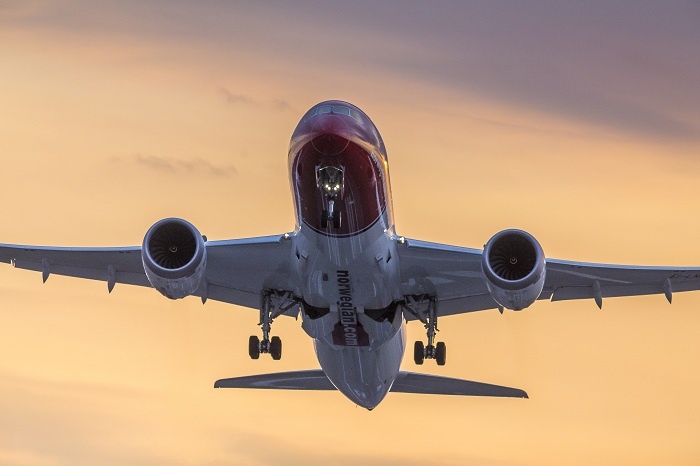
Norwegian continues to battle Covid-19 fallout
Norwegian has reported a net loss of NOK5.3 billion (£450 million) for the first half of financial 2020.
With the Covid-19 pandemic taking a huge toll on the airline, passenger numbers fell 71 per cent to 5.3 million during the first six months of the year.
While the low-cost carrier has successfully converted debt, gained access to state guaranteed loans of NOK3 billion and conducted a public offering, Norwegian warned it might not be enough.
“When we entered 2020, we were expecting a positive result and the best summer ever, thanks to successful cost-saving initiatives and a more efficient operation,” said Norwegian chief executive, Jacob Schram
“Then we were hit by Covid-19 and customer demand literally stopped from one day to the next, as government-imposed travel restrictions and travel advice were introduced world-wide.
ADVERTISEMENT
“For the past months we have been working tirelessly to make sure that we can emerge from this crisis as a stronger company, well-positioned for future competition.
“Some of these measures have been painful, but totally necessary if we are to make it through at all.
“Creditors, bondholders and shareholders have shown us support and trust to find a way forward for the company and our customers are expressing their strong support, for which I am grateful.”
Government travel advice in the wake of Covid-19 and the following drop in customer demand forced Norwegian to ground 140 aircraft and furlough or lay off approximately 8,000 employees.
In the second quarter, the airline only operated up to eight aircraft on domestic routes in Norway.
In Norwegian reopened 76 routes, put an additional 15 aircraft into service and brought more than 600 employees back to work.
However, the airline said the market is still highly uncertain, mainly due to changing travel advice from governments across Europe.
“The COVID-19 crisis has impacted aviation and the travel industry particularly hard, and most companies need government support to survive.
“We see that many of our main competitors receive considerable liquidity support from their governments as aviation represents the backbone of infrastructure,” added Schram said.

